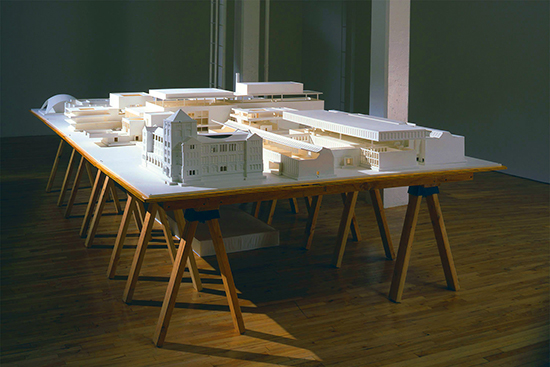Prototyping the Para-Institutional Instructor: João Enxuto & Erica Love
Program: Workshop
Credit(s): 1
Date: July 12th, 26th, August 9th, August 23rd.
Time: 09:00-11:30 ET

Program: Workshop
Credit(s): 1
Date: July 12th, 26th, August 9th, August 23rd.
Time: 09:00-11:30 ET
DESCRIPTION: Over the last decades, alternative art schools have emerged in response to watershed events such as the 2008 financial crisis, Occupy Wall Street, and the Arab Spring, signaling a need for pedagogies that engage with critical social and political junctures. These para-institutional responses were often immediate, fugitive, and fleeting. While structurelessness was a feature, sustaining these efforts over time proved challenging. Many found stability through partnerships with established institutions, private patronage, or public funding, the latter being a hallmark of modernity by decoupling funding sources from their allocation.
Para-institutional models emerged as alternatives to this system. With European cultural funding currently facing deep cuts, the state’s support for culture is faltering and accelerating the demand for practical alternatives. This Workshop is an opportunity to devise what those could be. It will examine why the Postwar liberal order regarded culture as a public good deserving of subsidy, and how the arts codified this status with academic accreditation and professionalization. Through conversations with invited guests behind notable para-institutional models, we will envision approaches that are responsive to contemporary creative production, examining case studies to explore the practical and ideological requirements of institution building. The final goal is that, as the Workshop moves along, participants model their own imaginary institutions, which will be prototypes reflecting the participants’ philosophical and political concerns, guided by plans for para-institutional formats, including visual identities, mission statements, funding strategies, and so on.
Session 1: An overview of the Workshop topics, short history of public and private arts funding, university art departments and curricula, independent and critical study programs. The first session will also define expectations for the final project of the Workshop, in terms of the conception of an imaginary para-institution followed by a group organizing session for the initial project drafts (including names, visual identities, and mission statements for the para-institutions).
Session 2: Discussion of the global art system, markets and museums. Guests: Jügen Bock, Director, Maumaus Independent Study Programme, Lisbon, Portugal; Renzo Martens and Cercle d’Art des Travailleurs de Plantation Congolaise (CATPC)
Session 3: Discussion on artistic research, philosophy, the humanities, illiberalism, activism, and the internet. Development of the para-institutional project in its internal aspects (funding sources, public relations strategies, flowcharts for structural components).Guest: Mohammad Salemy, Main Organizer, The New Centre for Research & Practice
Session 4: Para-institutional prototype presentations and feedback.
IMAGE: Mike Kelley, Educational Complex (Detail), 1995
To see The New Centre Refund Policy CLICK HERE.
To see The New Centre Refund Policy CLICK HERE.